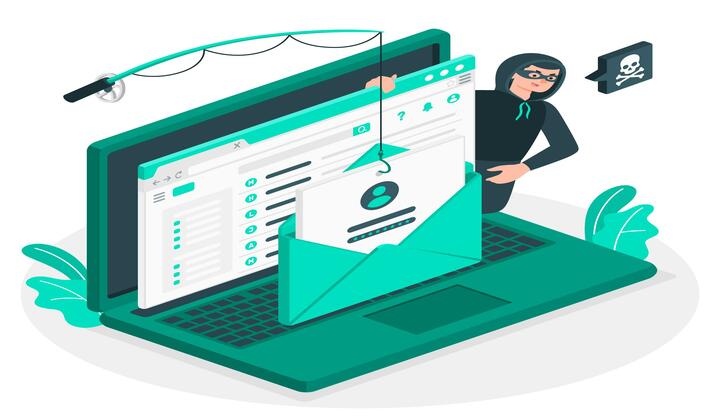In a report by New Straits Times, according to new data from Kaspersky, the month of March had the most detections of this threat, with 41.09 percent. In February, fraudsters targeted consumers through banking, payment systems, and online shopping, accounting for 52.43 percent of all phishing attempts in Southeast Asia, just 1.57 percent lower than the broader Southeast Asia area.
Since 1 April 2022, phishing efforts on banking and payment systems may have been lower, according to Kaspersky. The reopening of Malaysia’s border to international travellers, as well as Malaysians travelling overseas without having to go through quarantine, was announced on this day. However, online shopping phishing attempts increased to 8.67 percent in April, suggesting that many people were checking into online deals that promised lucky drawings.
“Alongside the increased adoption in digital transactions here in Southeast Asia, we also see the rise of ‘Super Apps’ in the region. These are the mobile applications that combine all popular monetary functions including e-banking, mobile wallets, online shopping, insurance, travel bookings, and even investments. Putting our data and digital money in one basket can trigger an aftermath snowball, with the impact of a phishing attack swelling at an unforeseeable rate.”
Kaspersky, General Manager for SEA, Yeo Siang Tiong.
Traditional banks and service providers are using Super Apps to differentiate themselves in a crowded market. As they attempt to collaborate with third parties and integrate their services into a single mobile app, the attack surface expands, potentially exposing them to more malicious exploits.
“We expect hackers to target the rising Super Apps, both its infrastructure and its users through social engineering attacks. We urge all fintech companies to deploy a secure-by-design approach in their systems and to continuously provide proactive education for their users in this period where phishing attacks continue to thrive.”
Kaspersky, General Manager for SEA, Yeo Siang Tiong.
Here are some things you can do to avoid becoming a victim of a scam.
- Do not reply to unknown messages.
- Do not click any links or use any contact information included in an email or a message. Contact the person directly if possible.
- Beware of typos, grammar mistakes, and strange characters in an email or a message.
- Take your time to read any urgent or important messages. Read carefully and spot the signs of possible phishing.










